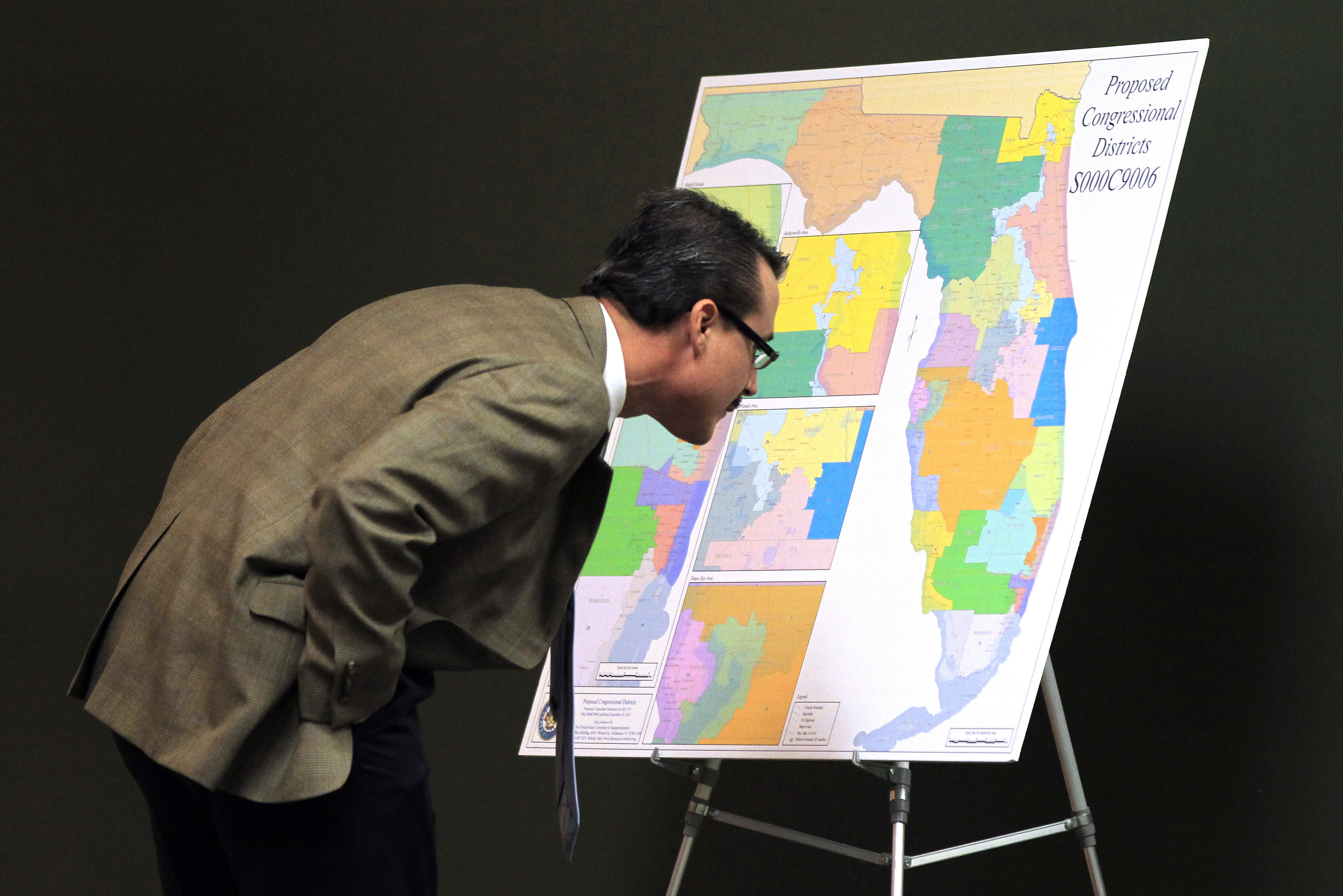Authors: Jiaqi Dong, Brittany Mazzurco Muscato, Nathaniel Nelson, and Natalee Rivera
Abstract
In recent years, many U.S. states have begun instituting their own minimum wage policies to address uniform increased costs of living, rising income inequality and a stagnant federal minimum wage. In addition, historical exclusion from mainstream banking, racially discriminatory lending policies, and financial industry deregulation have contributed to the withdrawal of low-income workers and communities of color from mainstream banking, accompanied by increased rates of alternative financial service (AFS) use, such as check cashers and payday lenders. This research paper explores the relationship between state-level minimum wage policy changes and the use of alternative financial services among low-income Americans, specifically unbanked and underbanked households (those without a bank account and those who use AFS, respectively). Using publicly-available data, including the Federal Deposit Insurance Corporation’s (FDIC) National Survey of Unbanked and Underbanked Households, we apply multiple regression analyses to test our hypothesis that state-level minimum wage increases will raise the earnings of low-wage workers, resulting in a decrease in their households’ utilization of AFS, as well as a reduction in the number of unbanked individuals. Despite our base models illustrating support for our hypothesis, our models lose all statistical significance once we control for demographic and socioeconomic covariates. While our primary research question remains to be answered, our analysis has shed light on important and relevant socioeconomic forces that can determine how and why certain types of households come to be, and remain, un- or underbanked.




